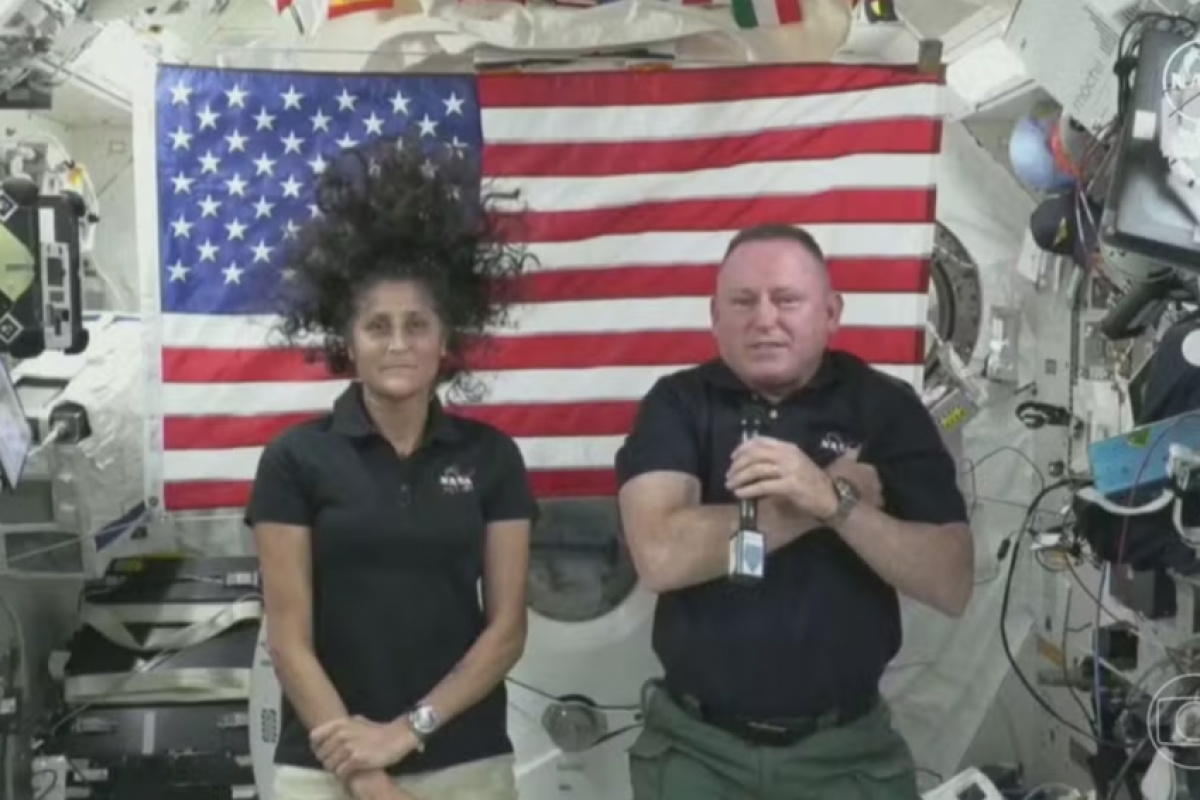The mission was scheduled to last at least eight days, and possibly a little longer. But at this point, NASA astronauts Sunita Williams and Barry Eugene Wilmore have already been in space for two months and the season could stretch to eight or nine months, due to problems with Boeing's CST-100 Starliner capsule.
Read alsoAstronauts who flew on Boeing spacecraft could return with SpaceX
This is not the first time that conditions have forced crew members to stay in orbit for extended periods, on unusually long missions.
If there is one thing in the history of space exploration that has seen a steady increase, it is the length of time humans spend in space. The first missions, in the early 1960s, were limited to a few minutes at the shortest, or a few days at the longest.
There are basically two limitations. The first is that the human body was not designed to survive for long periods in weightlessness, the sensation of weightlessness that comes from orbital motion. (It is a mistake to think that astronauts, in these conditions, are in zero gravity; they are in a state of permanent free fall, but so is the spacecraft in which they reside, so that they do not, relative to each other, seem to feel the force of gravity pressing them toward the Earth.)
This condition causes many physiological changes, such as the redistribution of fluids throughout the body (our circulatory system is designed to pump blood upwards, against gravity, and when it becomes imperceptible it pumps more forcefully to the upper body than necessary) and the loss of bone and muscle (because both need to work much less in weightlessness). In addition to these overall effects, there are also consequences at the cellular level, and the metabolism as a whole undergoes changes. Many health problems have already been identified, ranging from osteoporosis to poor eyesight, and studies are ongoing.

“Coffee trailblazer. Social media ninja. Unapologetic web guru. Friendly music fan. Alcohol fanatic.”

